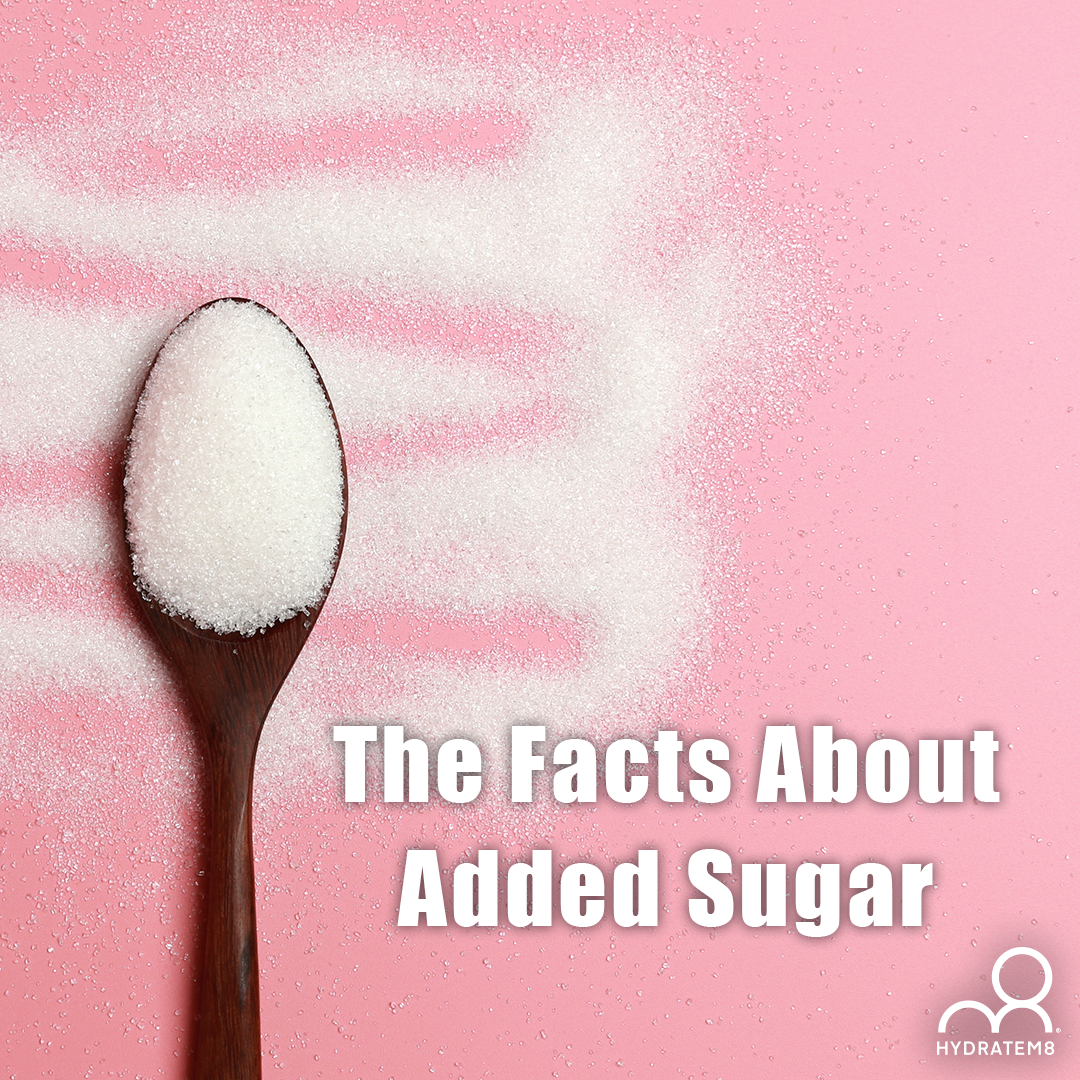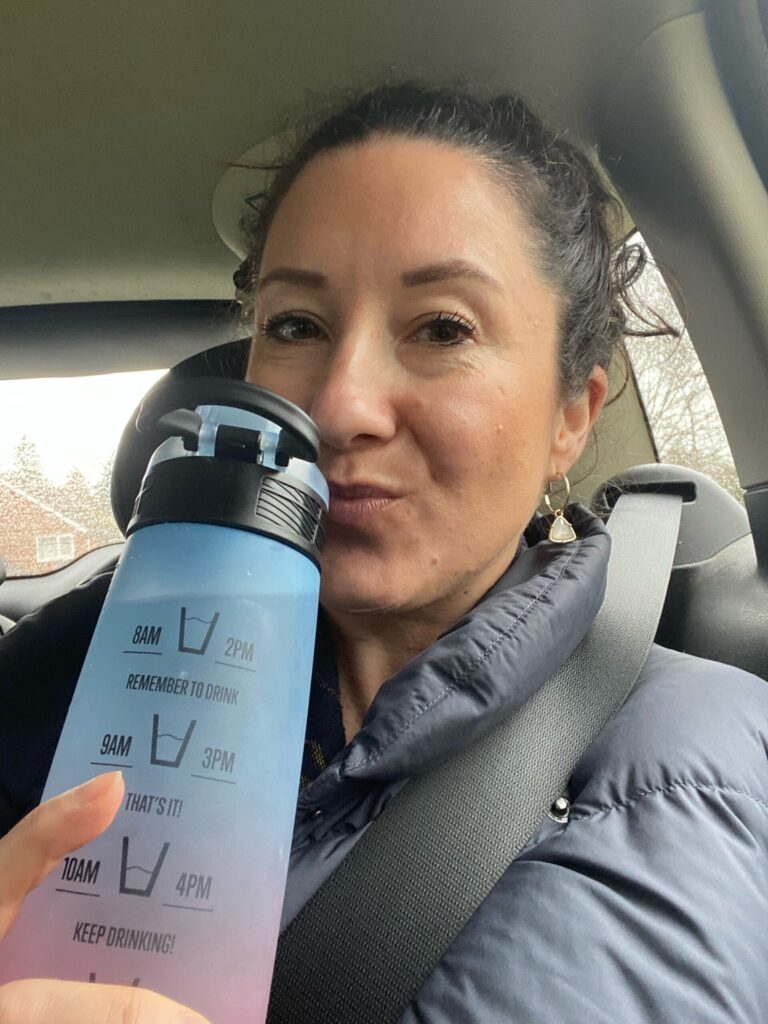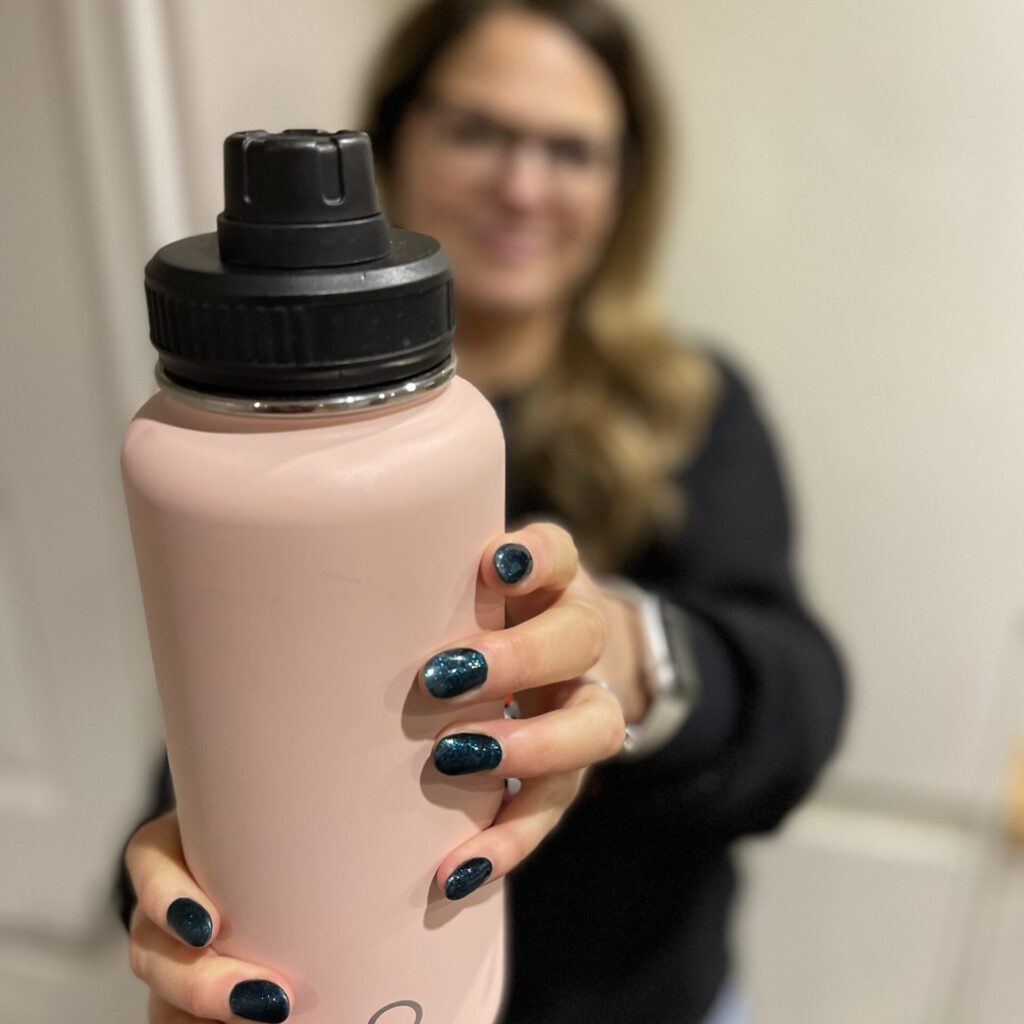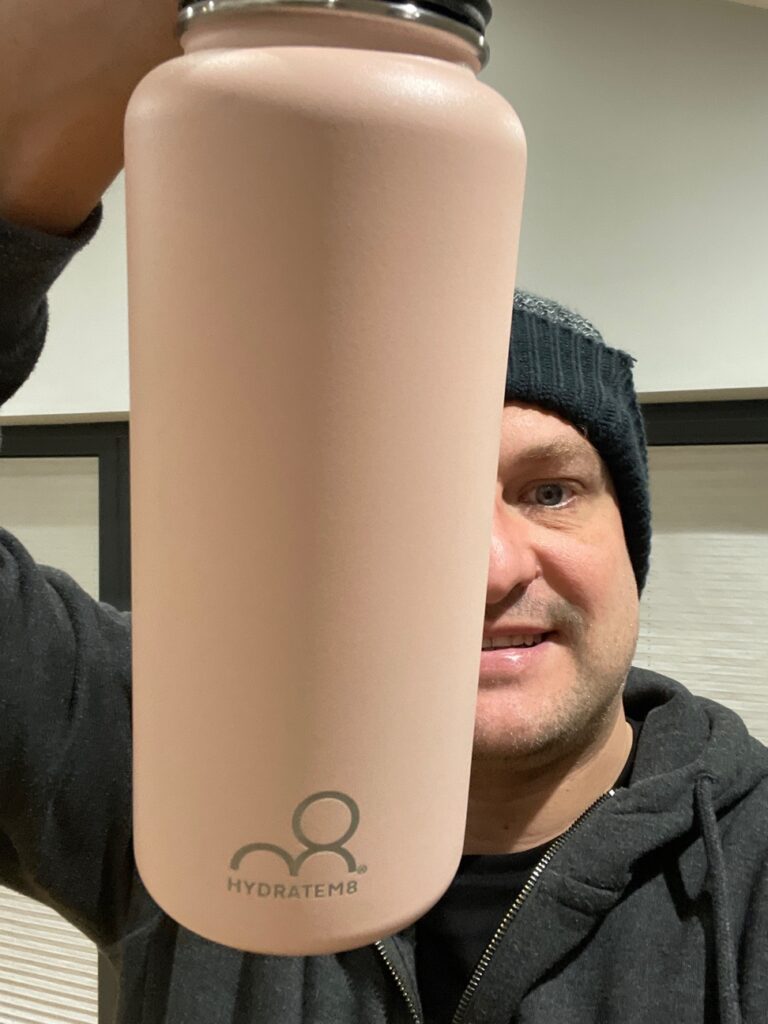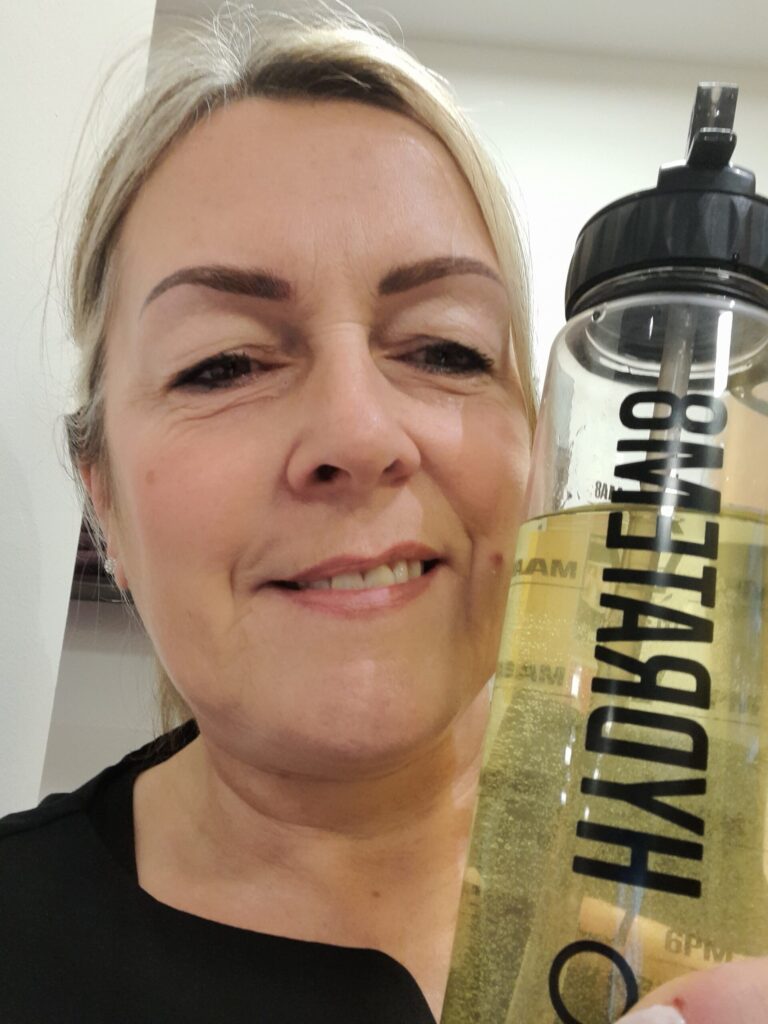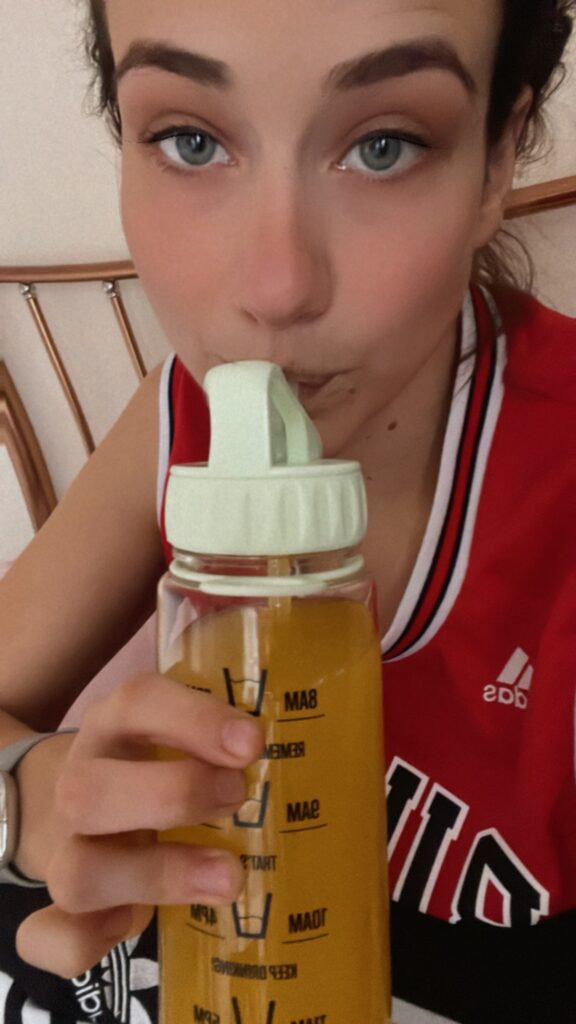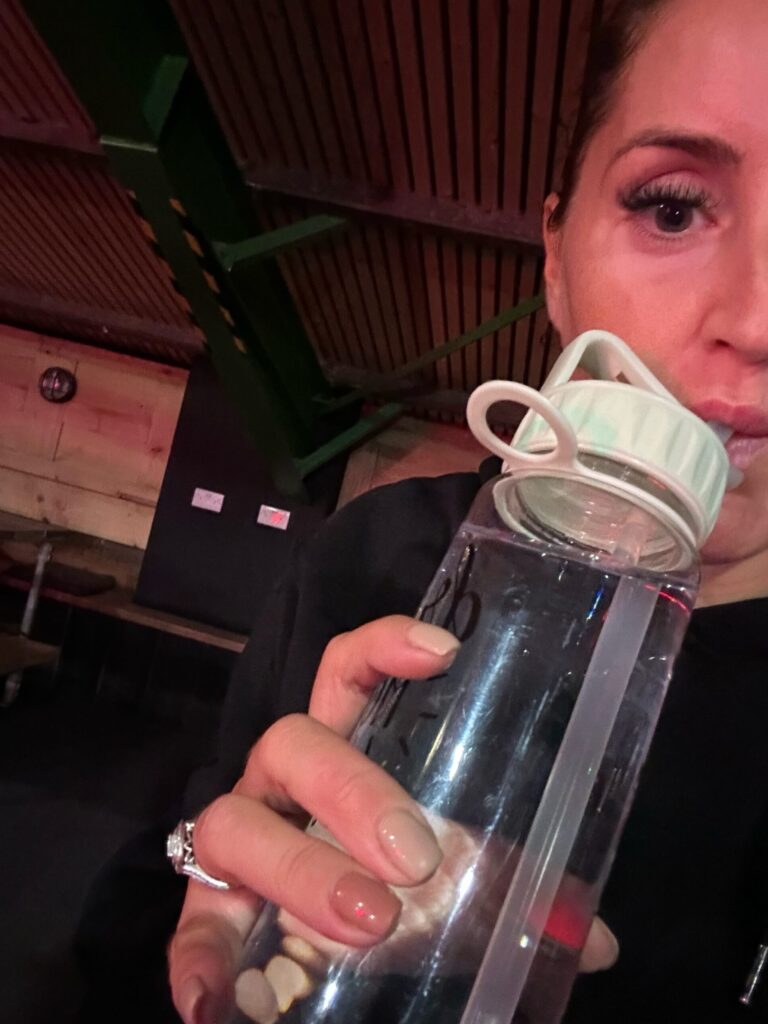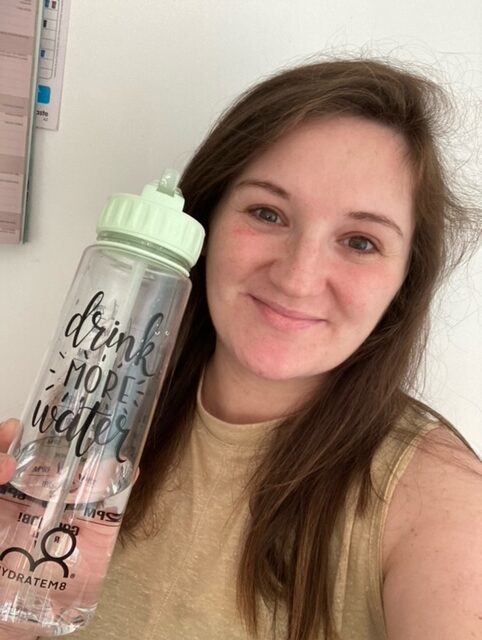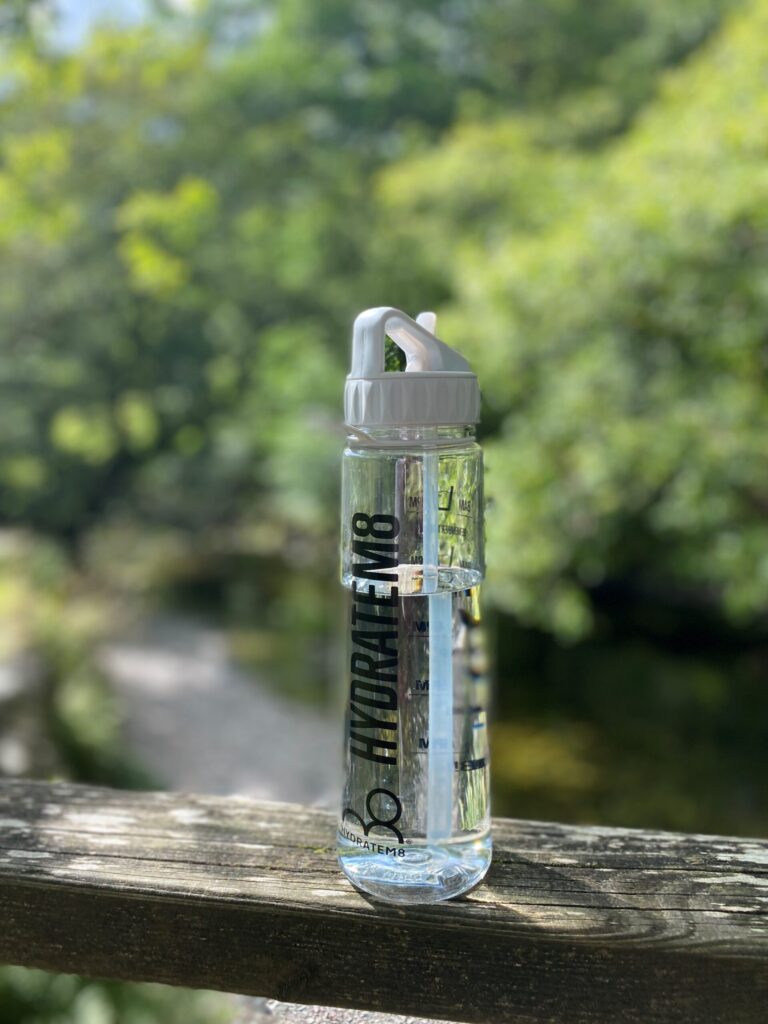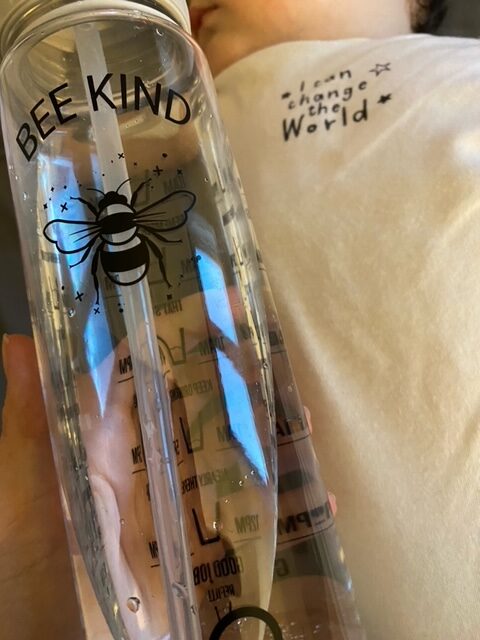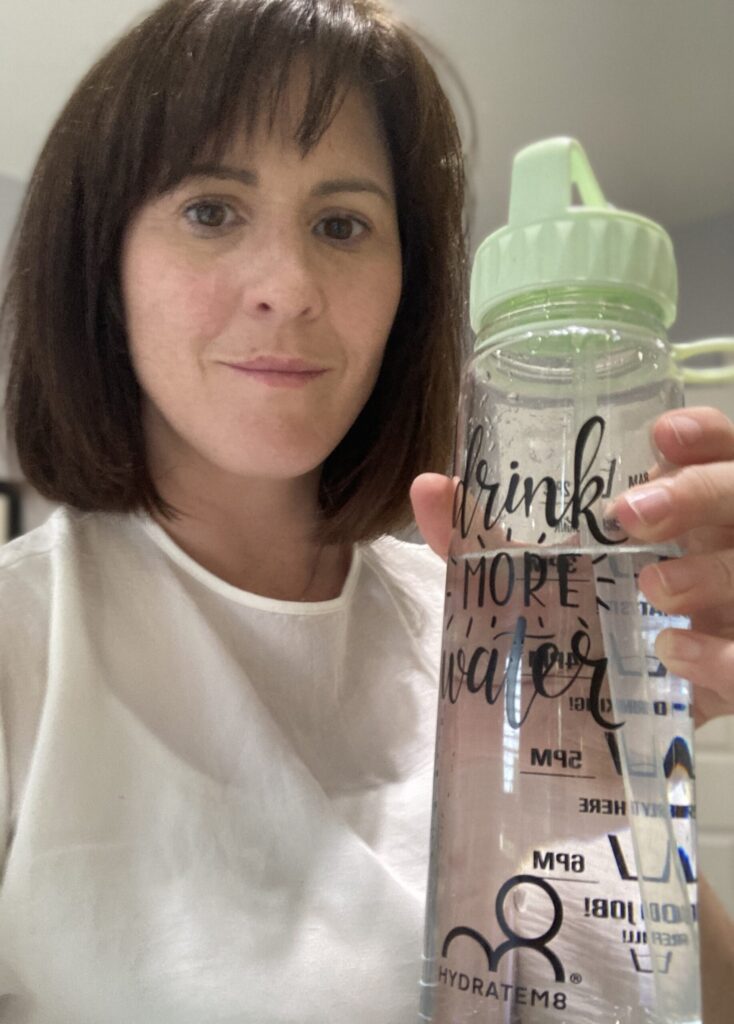When talking about sugar, the bad stuff is added sugar. That is sugar that is added, often unnecessarily, to foods and drinks. You may be surprised to hear that sugar can be added to all sorts of foods like bread, pasta sauces, and peanut butter. The added sugar increases their calorie content and can contribute to obesity and other metabolic diseases including type 2 diabetes.
What is added sugar?
Added sugar is just that, sugar that is added to a wide variety of foods. Current guidelines state that it shouldn’t account for more than 30g per day for everyone aged 11 and above. The problem is it’s added to so many foods that it can be hard to keep track of how much you’re eating. Added sugar has many guises and you may see it listed in the ingredient list as:
- agave, invert, or maple syrup
- corn sugar
- dextrose
- fructose
- glucose
- high-fructose glucose syrup
- honey
- maltose
- molasses
- sucrose
Foods containing added sugar
There are many sources of added sugar in the UK diet and over a quarter of the added sugar that makes up our daily diet comes from foods like chocolate, sweets, jams, and table sugar. In fact, chocolate is the UK’s favourite sweet treat.
But that’s not all there are many drinks that are rammed with sugar. A good example is cola, with 500ml containing 17 sugar cubes. Even healthier alternatives like fruit juices are also extremely high in sugar. Although they may count as one of your five a day, the sugars in fruit juice can do serious harm to your teeth. So, to reduce the risk of damaged teeth, it’s best to drink them at mealtimes.
Another big contributor to your sugar intake is snacks. Sweet snacks like cakes and biscuits provide you with a short, sharp sugar rush and can fill you up quickly but they’re full of sugar and fat.
Alcohol is also a major sugar culprit and it’s often missed off the daily calorie intake. However, alcohol has more calories in it than protein or carbohydrates. In fact, a normal glass of wine can contain just as many calories as a piece of chocolate. Mixing alcoholic drinks with energy drinks, fizzy drinks and fruit juices also increases the sugar content.
How to cut down on your added sugar intake
There are many things you can do to help reduce your added sugar intake and you don’t need to give up every single treat you love. However, making simple swaps or cutting down on certain treats can go a long way to keeping you healthy.
- Cook your meals from scratch, that way you know exactly what ingredients are in your meals.
- Try to reduce the amount of cook in sauces you use and tomato ketchup. If you can try to make your own.
- Swap fizzy drinks for water or squash with sparkling water if you like a fizzy beverage.
- Swap sugary snacks like cakes and biscuits for fruit, dried fruit, seeds, and nuts.
Summary
Too much sugar is bad for your health as it can contribute to the development of diseases including obesity, diabetes and even some cancers. However, making healthier swaps and limiting foods that contain added sugar can help you on your way to a healthier you.

